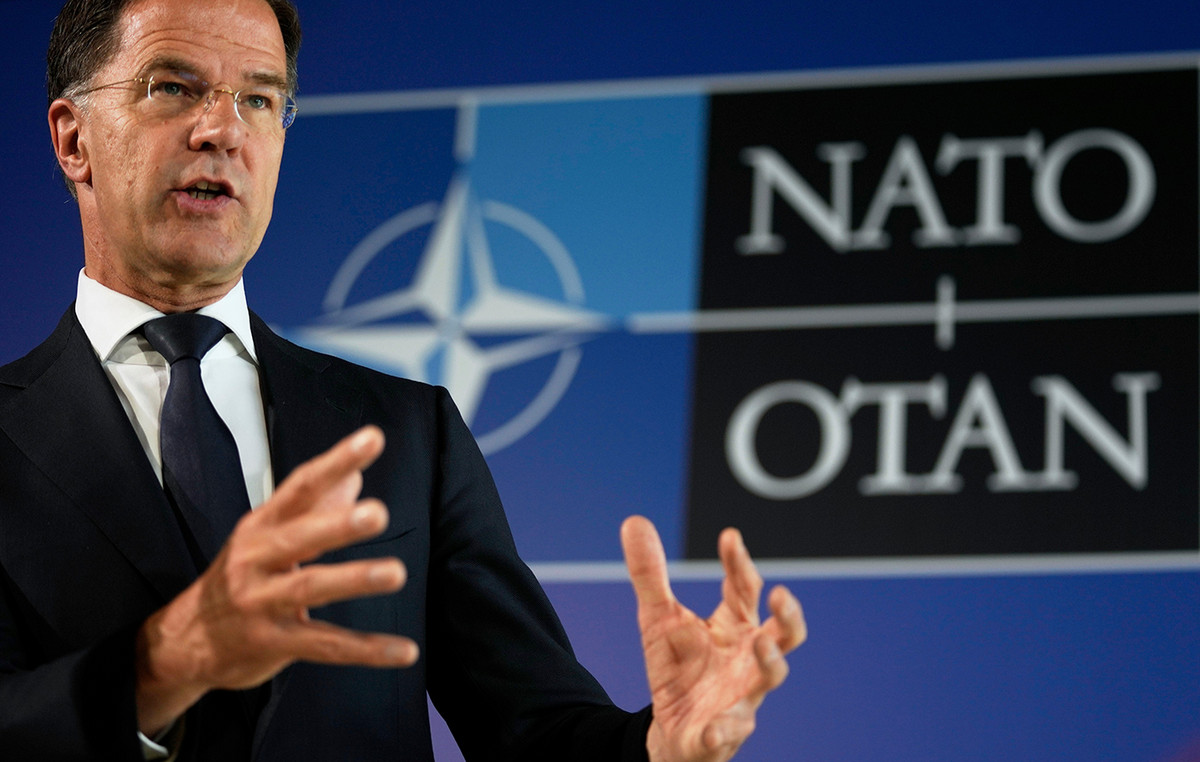Russia is on a path to economic collapse that will reach levels or even exceed the magnitude of the 1998 recession that followed its bankruptcy, although the economic impact may be less than that, according to Bloomberg.
As the ninth day of the Russian invasion of Ukraine takes place, economists are beginning to publish forecasts for the world’s 11th largest economy, although they note that the outlook is subject to revision.
In this context, the JPMorgan economistssaid on Friday that expect a 7% decline in GDP this yearat a similar rate to Goldman Sachs. Bloomberg Economics forecasts a drop of 9%. It is recalled that the Russian economy shrank by 5.3% in 1998 amid the debt crisis.
The Russian economy is faltering after Western sanctions on trade, finance, travel, a freeze on central bank reserves and a cut-off from the Swift system. Russia has tried to support its economy with capital controls, raising interest rates from 9.5% to 20% and other emergency measures, which will hit growth.
“Sanctions undermine the two pillars that promote stability, the central bank’s foreign exchange reserves and Russia’s current account surplus,” said JPMorgan economists led by Bruce Kasman. “Sanctions will hit the Russian economy, which now appears to be heading for a deep recession.”
Nevertheless, investors say that while the humanitarian and geopolitical “aftershocks” of the Russian invasion are greater than observed in 1998, in the short term the ruble has fallen and the country now has a better chance of avoiding bankruptcy, especially if other states continue to resist imposing sanctions on Russian energy exports.
“It’s the long-term perspective that is most worrying,” said Tim Graf, a senior executive at State Street Global Markets. “The longer sanctions are maintained, and especially if they are extended to include gas and oil exports, the more likely it is that Russia will become an unattractive capital market in the coming years.”
“The weakness of the ruble we are seeing now will inevitably be inflationary, especially if the economy remains closed to the rest of the world,” he said. “It is not difficult to envision extreme scenarios similar to the post-1998 period in this case.”
Oil and gas revenues provide hard currency support for Russia as energy sales and transfers have avoided sanctions, as the United States and other governments worry that such restrictions would hit their economies harder. Russia had a monthly surplus of about $ 20 billion in current account balances at the beginning of the year.
Bloomberg Economics estimates that blocking oil and gas exports would mean the economy could shrink by about 14% this year.
Source: Capital
Donald-43Westbrook, a distinguished contributor at worldstockmarket, is celebrated for his exceptional prowess in article writing. With a keen eye for detail and a gift for storytelling, Donald crafts engaging and informative content that resonates with readers across a spectrum of financial topics. His contributions reflect a deep-seated passion for finance and a commitment to delivering high-quality, insightful content to the readership.







